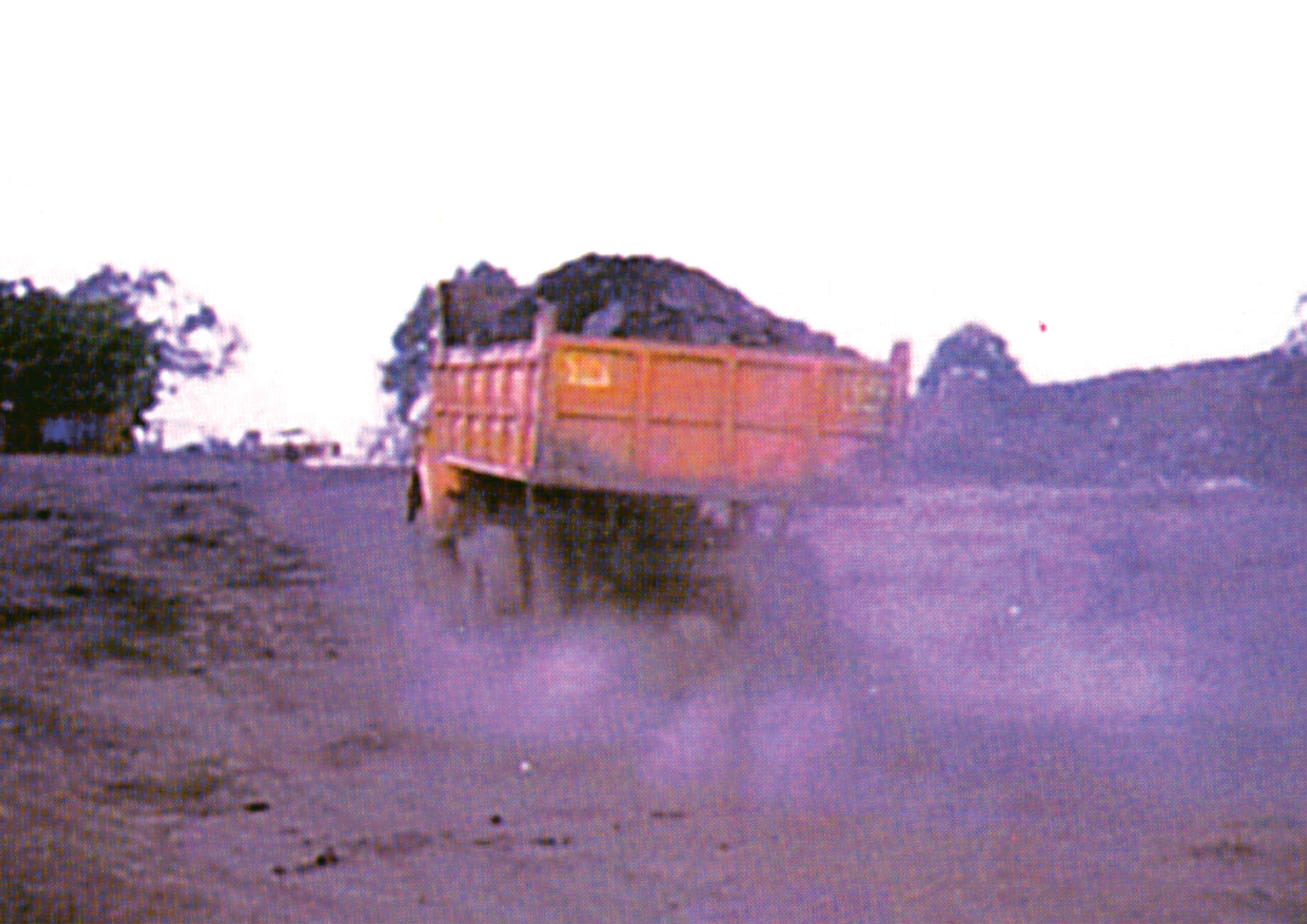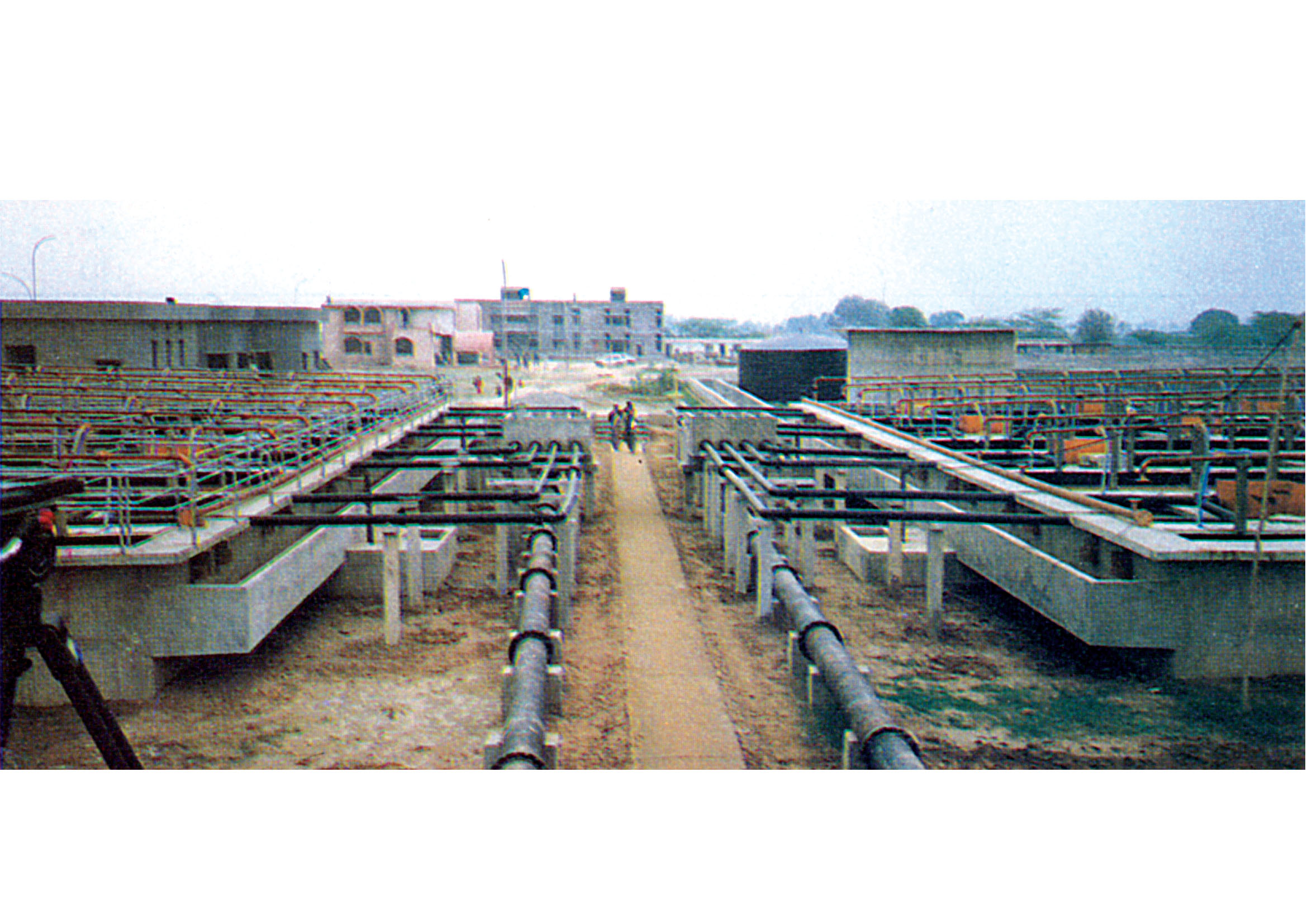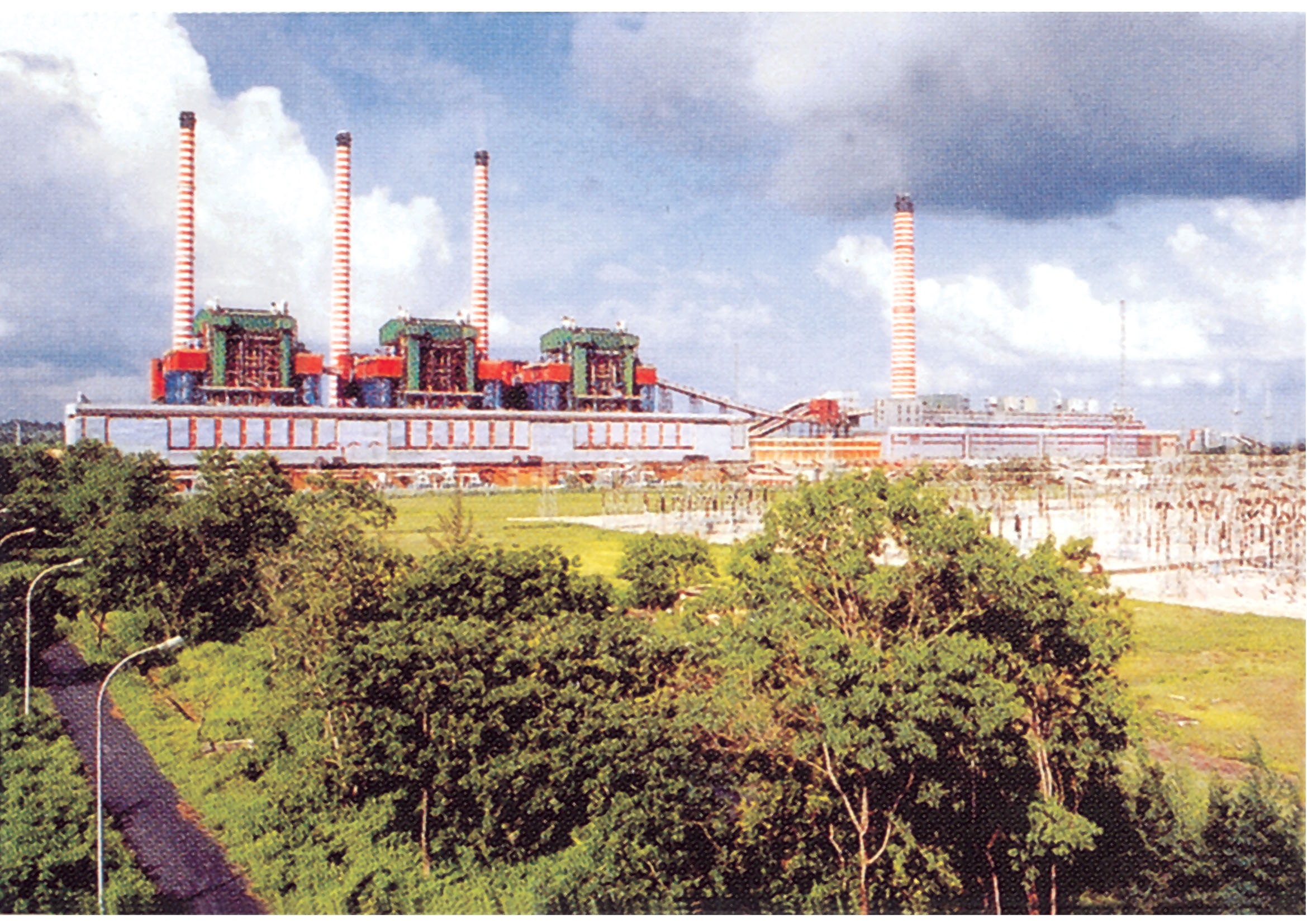Industrial Pollution and Environmental Degradation
Although industries contribute significantly to India’s economic growth and development, the increase in pollution of land, water, air, noise and resulting degradation of environment that they have caused, cannot be overlooked. Industries are responsible for four types of pollution: (a) Air (b) Water (c) Land (d) Noise. The polluting industries also include thermal power plants.
Air pollution is caused by the presence of high proportion of undesirable gases, such as sulphur dioxide and carbon monoxide. Air-borne particulate materials contain both solid and liquid particles like dust, sprays mist and smoke. Smoke is emitted by chemical and paper factories, brick kilns, refineries and smelting plants, and burning of fossil fuels in big and small factories that ignore pollution norms. Toxic gas leaks can be very hazardous with long-term effects. Are you aware of the Bhopal Gas tragedy that occurred? Air pollution adversely affects human health, animals, plants, buildings and the atmosphere as a whole.

Water pollution is caused by organic and inorganic industrial wastes and affluents discharged into rivers. The main culprits in this regard are paper, pulp, chemical, textile and dyeing, petroleum refineries, tanneries and electroplating industries that let out dyes, detergents, acids, salts and heavy metals like lead and mercury pesticides, fertilisers, synthetic chemicals with carbon, plastics and rubber, etc. into the water bodies. Fly ash, phospo- gypsum and iron and steel slags are the major solid wastes in India.
Thermal pollution of water occurs when hot water from factories and thermal plants is drained into rivers and ponds before cooling. What would be the effect on aquatic life? Wastes from nuclear power plants, nuclear and weapon production facilities cause cancers, birth defects and miscarriages. Soil and water pollution are closely related. Dumping of wastes specially glass, harmful chemicals, industrial effluents, packaging, salts and garbage renders the soil useless. Rain water percolates to the soil carrying the pollutants to the ground and the ground water also gets contaminated.
Noise pollution not only results in irritation and anger, it can also cause hearing impairment, increased heart rate and blood pressure among other physiological effects. Unwanted sound is an irritant and a source of stress. Industrial and construction activities, machinery, factory equipment, generators, saws and pneumatic and electric drills also make a lot of noise.
Control of Environmental Degradation
Every litre of waste water discharged by our industry pollutes eight times the quantity of freshwater. How can the industrial pollution of fresh water be reduced? Some suggestions are-
(i) minimising use water for processing by reusing and recycling it in two or more successive stages
(ii) harvesting of rainwater to meet water requirements
(iii) treating hot water and effluents before releasing them in rivers and ponds. Treatment of industrial effluents can be done in three phases
(a) Primary treatment by mechanical means. This involves screening, grinding, flocculation and sedimentation.
(b) Secondary treatment by biological process
(c) Tertiary treatment by biological, chemical and physical processes.This involves recycling of wastewater.
Overdrawing of ground water reserves by industry where there is a threat to ground water resources also needs to be regulated legally. Particulate matter in the air can be reduced by fitting smoke stacks to factories with electrostatic precipitators, fabric filters, scrubbers and inertial separators. Smoke can be reduced by using oil or gas instead of coal in factories. Machinery and equipment can be used and generators should be fitted with silencers. Almost all machinery can be redesigned to increase energy efficiency and reduce noise. Noise absorbing material may be used apart from personal use of earplugs and earphones. The challenge of sustainable development requires integration of economic development with environmental concerns.

NTPC shows the way

NTPC is a major power providing corporation in India. It has ISO certification for EMS (Environment Management System) 14001. The corporation has a pro-active approach for preserving the natural environment and resources like water, oil and gas and fuels in places where it is setting up power plants. This has been possible through- (a) Optimum utilisation of equipment adopting latest techniques and upgrading existing equipment. (b) Minimising waste generation by maximising ash utilisation. (c) Providing green belts for nurturing ecological balance and addressing the question of special purpose vehicles for afforestation. (d) Reducing environmental pollution through ash pond management, ash water recycling system and liquid waste management. (e) Ecological monitoring, reviews and on-line database management for all its power stations.
Click Here for All Open Educational Resources
To get study material, exam alerts and news, join our Whatsapp Channel.


